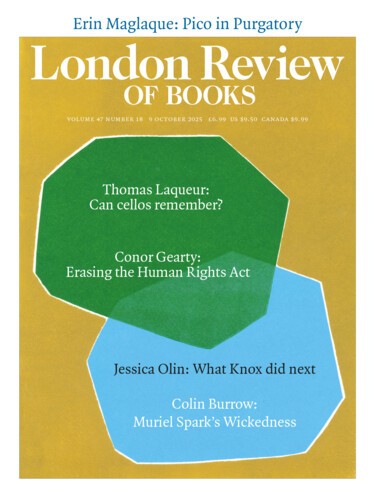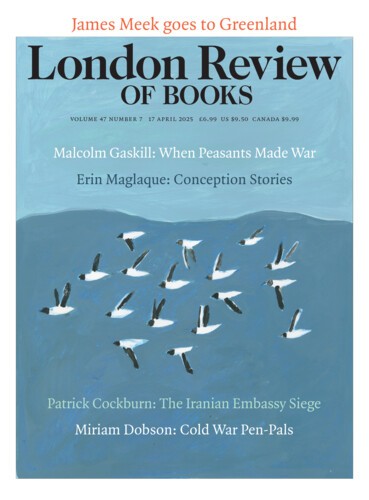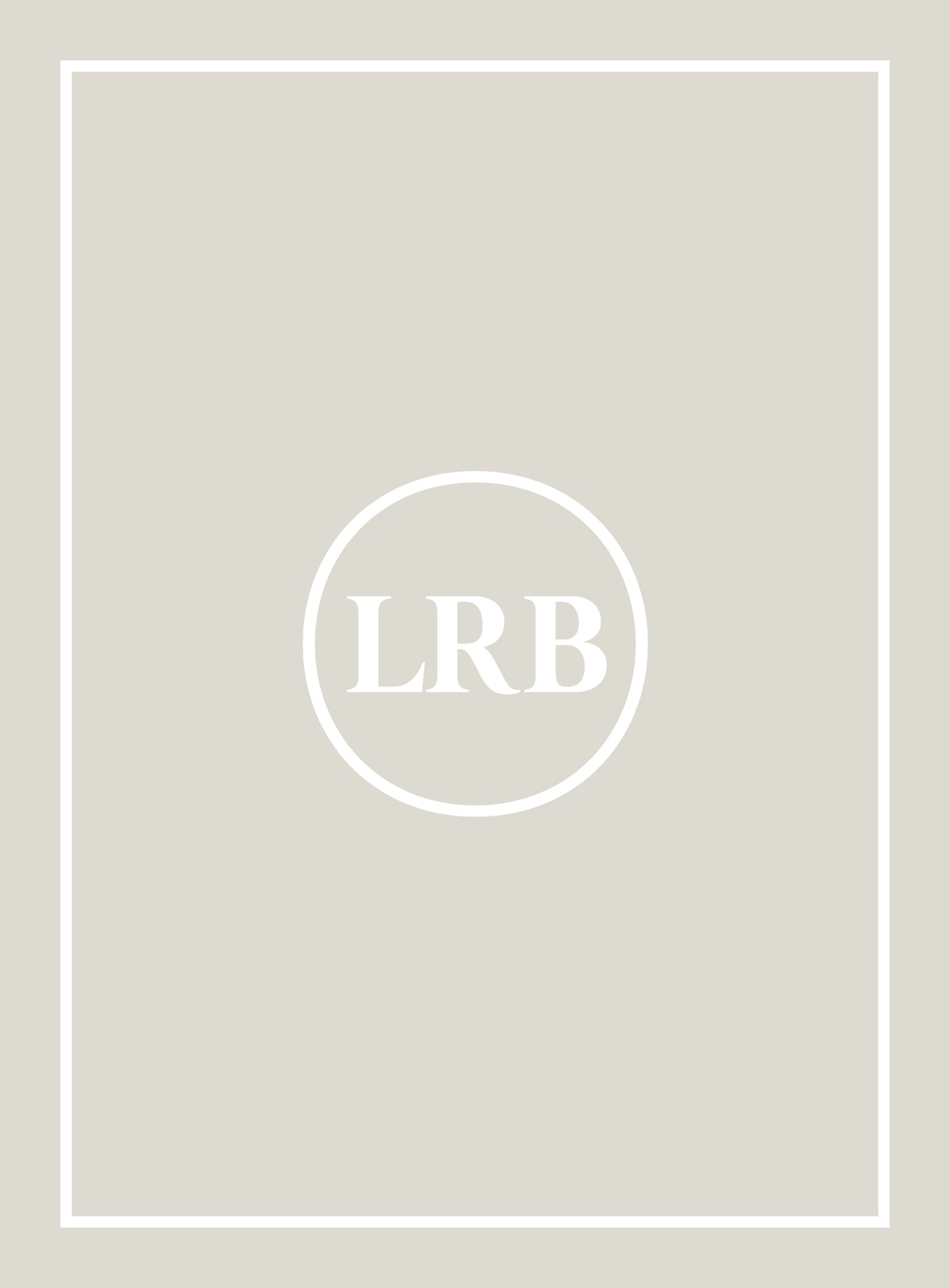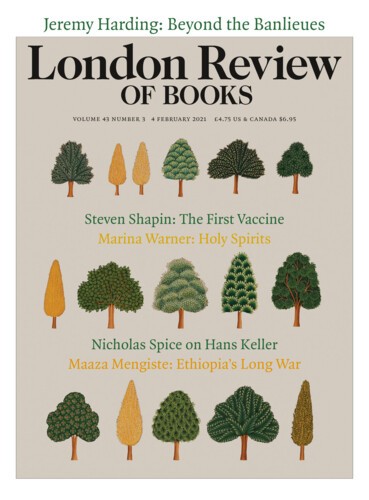The strategy of waging economic rather than military war is hardly new. But under Trump it has become the primary weapon of American foreign policy. Despite all his bombastic threats against perceived enemies, he has yet to start a single war in the Middle East or anywhere else, relying more on the power of the US Treasury than the Pentagon. From an American point of view sanctions have much to recommend them: no need for the costly and risky military ventures that have so often gone wrong in the past. Unlike airstrikes, sanctions can be presented as a non-violent way of influencing the behaviour of toxic regimes for the better. In reality, as with the Caesar Act, they are the bluntest of instruments, inflicting communal punishment indiscriminately on whole societies. Arguments justifying the Caesar Act are much the same as those once used to sell UN sanctions against Saddam Hussein’s Iraq, imposed after he invaded Kuwait in 1990 and kept in place for the next 13 years.
Authoritarian elites, in Syria as elsewhere, are largely immune to embargoes and may even profit from them because they have the power to monopolise scarce resources. The poor and the powerless, the great majority of Syrians after nearly a decade of war, are those who suffer the full impact of sanctions.





